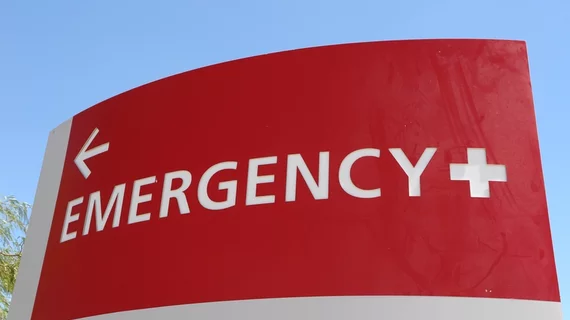Cardiologists urge heart disease patients to seek emergency care when necessary
Hospitals throughout the United States have reported that a general fear of COVID-19 has led to significant drops in patients presenting with heart attack symptoms and other cardiovascular issues. Two cardiologists addressed this issue in the Atlanta Journal-Constitution, emphasizing that patients should never downplay or ignore heart attack symptoms.
Cindy Grines, MD, chief scientific officer of Northside Hospital Cardiovascular Institute and incoming president of the Society for Cardiovascular Angiography and Interventions, co-wrote the editorial with J. Jeffrey Marshall, MD, chief of Northside Hospital Cardiovascular Institute. The two specialists provided some key numbers that helped highlight the seriousness of this issue.
“This development is perplexing because coronary artery disease is the leading cause of death in Georgia, claiming one in three lives, totaling more than 20,000 deaths annually,” Grines and Marshall wrote. “The number of cardiovascular deaths and patients with STEMI has remained constant over decades, prior to the COVID-19 pandemic. On average, about 1,600 to 1,700 Georgians die every month from a heart attack or from cardiovascular causes. By comparison, there were nearly 1,400 COVID-19 deaths in Georgia during the past two months.”
Patients with less urgent issues can stick to telemedicine for the time being, they added, but individuals in need of immediate care can’t risk delaying treatment.
“These new times in which we are living require us to pay more attention than ever to our physical and emotional care,” the authors wrote. “Heart disease is serious business, and if you exhibit symptoms, don’t ignore them.”
Read the full editorial below:

